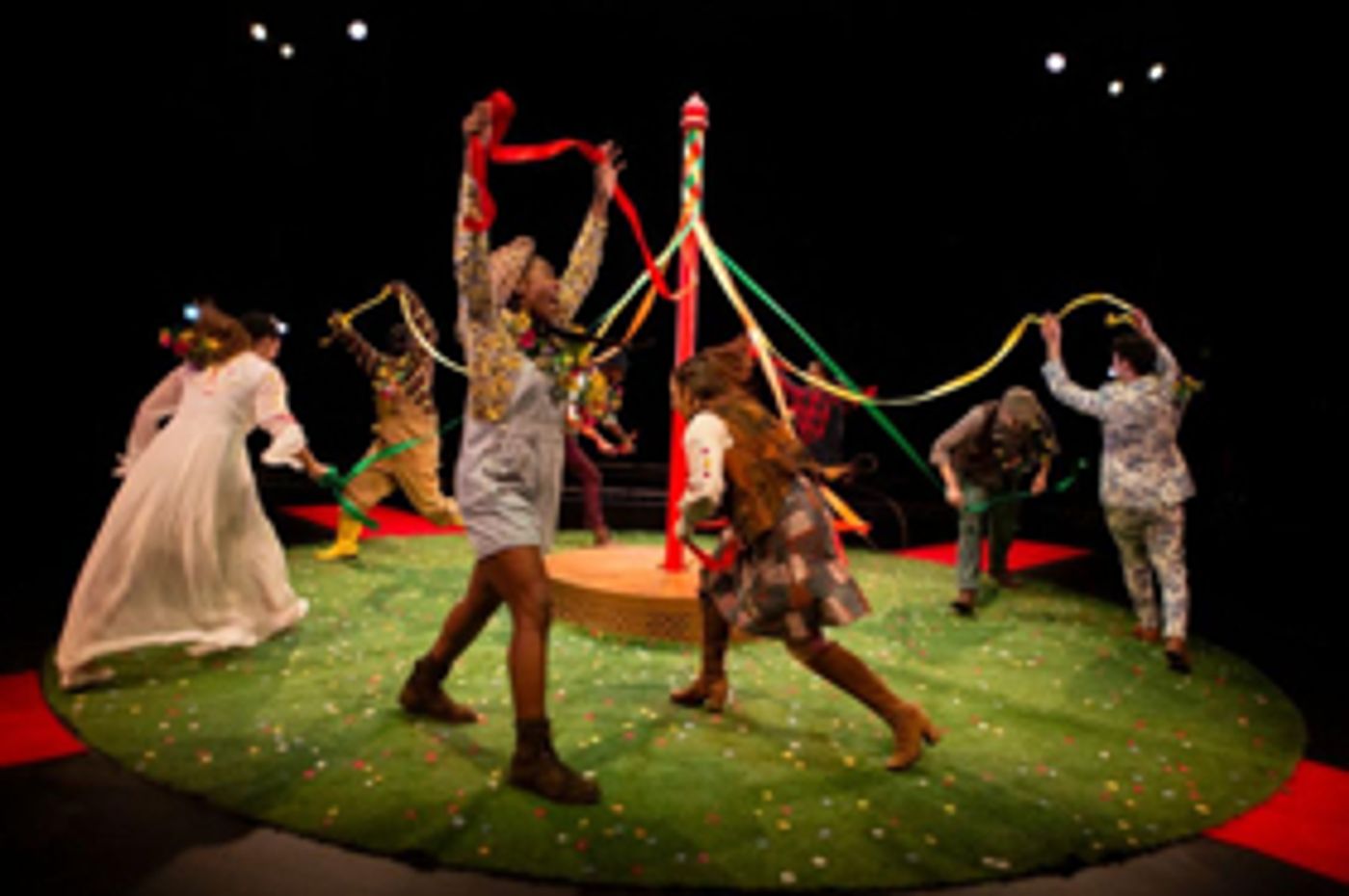Review: THE WINTER'S TALE, National Theatre

![]() It's unfashionable, forgiveness, but we need it. We need it as individuals, we need it as families, we need it as a society. When Florizel and Perdita proclaim their forgiveness to their fathers, we see how difficult is , how necessary, how brave. And we look into our own hearts and we wonder - as Perdita demands - whether we would have it within us to do the same. I would (I think) - I hope.
It's unfashionable, forgiveness, but we need it. We need it as individuals, we need it as families, we need it as a society. When Florizel and Perdita proclaim their forgiveness to their fathers, we see how difficult is , how necessary, how brave. And we look into our own hearts and we wonder - as Perdita demands - whether we would have it within us to do the same. I would (I think) - I hope.
Big ideas for primary schoolchildren? Of course, but who ever got very far underestimating the emotional intelligence of those largely unscarred by the poison of politics, the sociopathology of social media and that hate which is so carefully taught?
Justin Audibert strips back one of Shakespeare's problem plays, disentangling too many threads and too many narrative arcs, but retains much of the poetry and all of the insight in a production that, perhaps more than any other Shakespeare I have witnessed, displays the man's quill wielded as a scalpel of the heart.
Flashing through my mind, I recalled stories from the Old Testament, from Hamilton, from Dickens, from Game of Thrones, from Shakespeare, from the Jeremy Kyle Show and more - much more. We're looking at better and worse versions of ourselves, simultaneously, in a hall of mirrors - and we can't look away.
The young people love it. They giggle at the naughty sheep - the innocence of life in Bohemia animated. They see what passes between Perdita (our guide) and Florizel (prepared to give all for love) and they contrast that with the bitter hatred that festers within Leontes, hollowing out his humanity and turning his wife, the decent Hermione, to stone and his friend, the free-spirited Polixenes, into a crooked version of himself, jealous rejection thrust towards the son rather than the wife.
They love the spectacle too - the splash of regal costumes, the roar of the bear, the ribbons of the maypole, the song bursting through. They will never confuse the theatrical with the cinematic - something too many pantomimes aimed at families do far too glibly.
Under the energetic direction of Ruth Mary Johnson, the ensemble cast tell the story as much with their postures, their hands, their expressions as with their words, finding wonderful support from Jonathan Girling's music and Mike Winship's sound - and it's not just the youngest in the audience who appreciate that help! Paul Knott's lighting is also critical in illuminating the darkest of hearts and the brightest of hopes. This play is a "problem"?
Like all the best art, one goes in wondering how they are going to approach a tough gig - and one emerges wondering why anyone would do it in any other way.
The young people, as is their privilege, don't know how lucky they are, but shows like this live in their memories and, I hope - no, I expect - in their souls too.
The Winter's Tale is at the Dorfman Theatre until 21 February.
Read BWW"s interview with director Ruth Mary Johnson.
Photo Ellie Kurtzz
Reader Reviews
Videos

